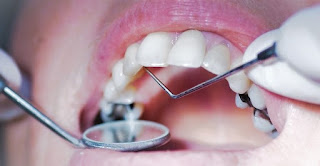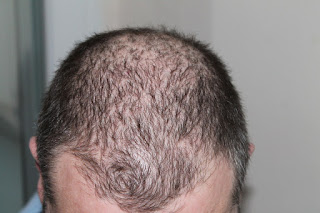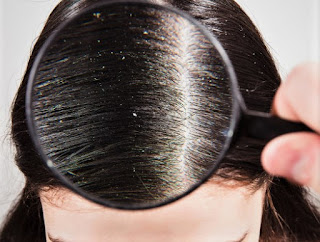How to Get Rid of Cavities
The second most prevalent
disease after the common cold is tooth decay, an infectious disease.
Cavities are permanently
damaged places that grow into small openings or holes in the hard surface of
your teeth. Cavities,
also known as caries or tooth decay, are caused by various factors, including
bacteria in your mouth, frequent snacking, sipping sugar beverages and not
teeth cleansing properly.
Cavities and tooth decay are
among the world's most common medical issues. They are particularly common in
children, teenagers and older adults. But anyone with teeth,
including babies, can get cavities.
If cavities are not treated,
they become larger and affect your teeth's deeper layers.
They may result in serious toothache, infection, and loss of
the tooth.


Symptoms
Cavity
symptoms may vary, depending on their extent and location. You
may not have any symptoms when a cavity is just starting. As the decay process increases, it
can trigger signs and symptoms like:
- Toothache, spontaneous pain or pain that happens without any obvious cause
- Tooth sensitivity
- Slight to sharp pain when eating or drinking something sweet, warm or cold
- Visible openings or pits in your teeth
- Brown, black or white staining on any tooth surface
- Pain when bite down
Causes
Cavities are caused by tooth
decay — a process that takes place over time. Tooth decay
happens when there are left on the teeth ingredients containing carbohydrates
(sugars and starches), such as breads, cereals, milk, soda, fruit, cakes, or candy.
These foods are digested by bacteria that live in the mouth and makes them
into acids. The plaque is formed by bacteria, acid, food
debris, and saliva, which clings to the teeth. The plaque acids dissolve the
teeth's enamel surface, producing cavities in the teeth.
Good
oral and dental hygiene can help prevent cavities and decay of the tooth. Here are some tips for cavity prevention. Ask your dentist about the
best tips for you.
1. Brush with fluoride toothpaste.
Brush
your teeth with fluoride-containing toothpaste at least twice a day and best
after each dinner. To clean, floss or use an interdental cleaner between your
teeth.
2. Rinse your mouth.
If
your dentist feels that you are at high risk of developing cavities, he or she
may recommend using fluoride mouth rinse.
3. Have a regular visit to your dentist.
Get
professional teeth cleaning and regular oral examinations that can help prevent
or spot problems early. Your
dentist can recommend a best schedule for you.
4. Avoid snacking and drinking frequently.
You
assist your mouth bacteria generate acids that can ruin tooth enamel whenever
you consume or drink beverages other than water. If you snack or drink all day
long, your teeth are constantly being attacked.
5. Eat tooth-healthy foods.
Some
foods and drinks are better for your teeth than others. Avoid foods that are
stuck in your teeth's grooves and pits for long periods of time or brush them
shortly after eating. Foods
like fresh fruits and vegetables, however, increase the flow of saliva, and
tea, unsweetened coffee and sugar-free gum help wash away food particles.
6. Consider treatment with fluoride.
Your
dentist may recommend regular fluoride treatments, particularly if you don't
get enough fluoride from fluoridated drinking water and other sources. If
your risk of tooth decay is very high, he or she may also suggest custom trays
that fit over your teeth to apply prescription fluoride.
7. Ask about antibacterial treatments.
If
you are particularly vulnerable to tooth decay — your
dentist may suggest special antibacterial mouth rinses or other treatments to
assist reduce damaging bacteria in your mouth.
8. Combined treatments.
Chewing
gum based on xylitol along with prescription fluoride and antibacterial rinse
may assist to decrease cavity risk.



nice tips about cavity prevention
ReplyDeleteVery nice information about Tooth decay prevention
ReplyDeleteWonderful teeth whitening tips! Took my mother to dentist Torrance couple of months back. She had cavities in her lower teeth and was not able to eat hard solid food properly. She has pain phobia at first. But thanks to the doctor for his kind advice and counseling. She has still some sittings to go for achieving perfect teeth.
ReplyDelete